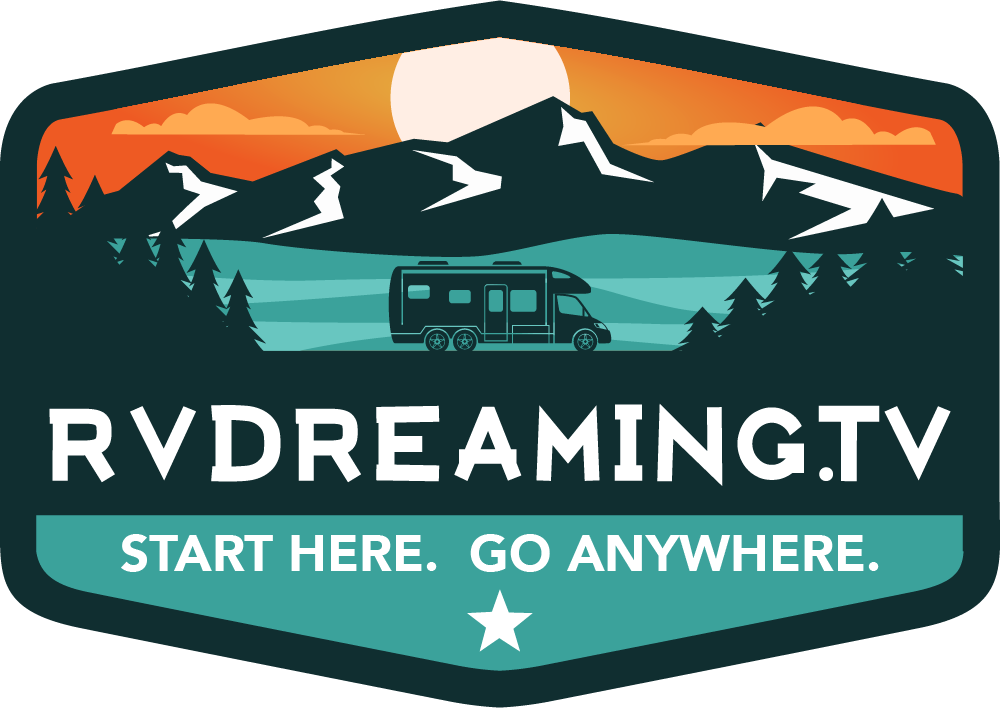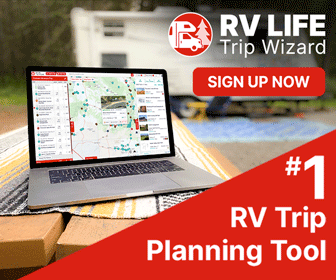
Living in an RV Full-Time is a journey unlike any other. It offers the chance to travel the country, see new sights, and live life on your own terms, but it is not all fun and games. It is a significant lifestyle change that comes with its own set of challenges and limitations. Here are ten reasons you may want to reconsider your plans for Full-Time RV living, and why you may want to stick to more traditional living arrangements.
Space Issues in an RV
The biggest and most obvious reason to not live an in RV is space. RVs are typically much smaller than traditional homes, and the limited square footage can quickly become cramped and cluttered. You may find yourself feeling suffocated and longing for more personal space. It’s important to be comfortable with a minimalist lifestyle and have a system for organization and storage, but even with these measures in place, you may find that RV living is just too tight for comfort.
RV Maintenance Headaches
Keeping an RV in top shape requires constant attention and maintenance. From fixing leaks to replacing worn-out parts, you’ll need to be comfortable with hands-on work and be prepared to invest time and money in upkeep. It’s not uncommon for RVers to spend hours under the hood or crawling around inside the RV fixing issues. If you’re someone who prefers to relax and let someone else handle the maintenance, RV living may not be for you.
Weather Woes
RVs are not built to withstand extreme weather conditions. Heavy rain, snow, or high winds can damage your awnings and falling trees on your rig are not uncommon either. In these situations, you may need to relocate or evacuate, causing disruptions to your daily routine. If you value stability, you may not be comfortable with the uncertainty that comes with RV life. High winds and heavy rain can also lead to leaks and other issues that require attention and maintenance, adding to the list of challenges you’ll face as an RVer.
RVs Missing Amenities
Full-time RV life means possibly sacrificing the comforts and amenities found in traditional homes, such as a full kitchen, washer and dryer, and private bathroom. You’ll need to be comfortable living in close quarters with a limited set of amenities, and you may need to make compromises, such as taking showers at public facilities or washing your clothes at a local laundromat. If you’re someone who values these conveniences, RV living may not be for you.
Loneliness Sets In
Living in an RV full-time can be lonely, especially if you’re traveling solo. You may miss the social interactions and sense of community that come with traditional home life. If you value strong social connections, RV living might not the thing for you. RVing can also be isolating, as you move from place to place, leaving behind friends and family. This can be especially challenging if you’re introverted or have trouble making new connections.
However, the nomadic community is strong. If you are a social person, consider joining RV clubs and attending rallies with like-minded nomads. You can easily find your community on the road if you try.
Services Limited
Depending on where you park your RV, you may have limited access to essential services like grocery stores, medical care, and Internet access. This can be especially challenging if you have specific needs, like regular medical appointments or a demanding job that requires reliable Internet access. You will need to be prepared to make compromises and adjustments. Driving long distances for medical care or seeking out remote workspaces with good Internet connections.
The good thing for us nomads is that technology keeps getting better. Starlink Satellite Internet can provide high-speed Internet almost anywhere on the planet. Remote work has made finding ways to make money much easier. And apps can easily help you locate the closest water and dump stations. With a little planning, these services are closer than you might think.
RV Cost Concerns
While RV living can be cheaper in many ways, it’s not always the case. Maintenance, fuel expenses, and campground fees can add up quickly, especially if you’re traveling frequently. You’ll need to have a solid budget plan in place and be comfortable with frugal living, but even with careful planning, the costs of RV living can be high and unexpected expenses can arise.
You can keep your costs down by boondocking more. Staying one spot for longer lengths of time can also help keep your fuel costs down. And consider joining membership programs like Thousand Trails or Good Sam for campground discounts.
Work-Life Imbalance
Finding a good work-life balance can be challenging when living in an RV Full-Time. If you have a traditional 9-to-5 job, it can be difficult to find reliable Internet access or a quiet workspace. If you work remotely, you may find yourself constantly on the move, and struggle to maintain a routine and structure to your workday. This can lead to burnout and decreased productivity, and may not be a good fit for those who need stability and structure in their work environment.
No Sense of Home
One of the most challenging aspects of RV living is the lack of a permanent home base. You may find yourself constantly searching for a new place to park and may struggle to find a sense of belonging in your temporary communities. This can lead to feelings of rootlessness and disconnection, and may not be a good fit for those who value a strong sense of community and place.
Unexpected Emergencies
When you’re on the road, anything can happen, and you need to be prepared for the unexpected. From breakdowns to medical emergencies, you may find yourself facing unexpected challenges that can disrupt your travels and cause stress. You’ll need to have a plan in place for these situations and be comfortable with dealing with unexpected emergencies, but even with careful planning, RV living can be unpredictable and challenging.
Conclusion
In conclusion, RV living may seem like a dream come true, but it’s not for everyone. It’s important to consider the challenges and limitations that come with this lifestyle and to be prepared for the unexpected. If you’re someone who values stability, comfort, and convenience, RV living may not be the best fit. However, if you’re someone who is comfortable with uncertainty, enjoys hands-on work, and values adventure, RV living may be the perfect way for you to experience life on your own terms.

















Trackbacks/Pingbacks